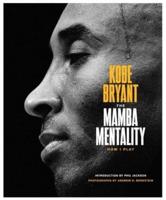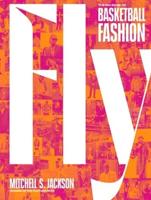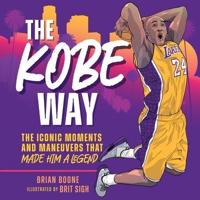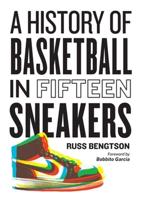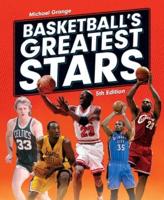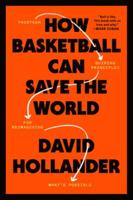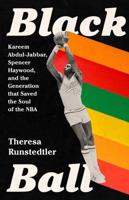Publisher's Synopsis
"FINDING OUR GAME," tells the story of a group of guys who are making the journey through their midlife years. The guys meet during a chance encounter, and find that they all share a common love for the game of basketball. They hit upon a plan to play once a week. Over time, their friendships grow and they start sharing stories, which leads to exploring some common experiences in coping with modern life. All in the group seem to benefit by this amateur group counseling, and they end up having some fun along the way too. The little group slowly starts to expand their membership by enlisting other like minded soles. They also include their sons to the mix too. The basketball dynamics are changed with the "yutes" joining in, and it's not just the pace of the game that changes. The guys find that there are other side benefits to his weekly basketball game. One side benefit is the teamwork and the common ground they are building with their sons. The guys think there are valuable life lessons that are transferred to their sons even though they can't explain or verbalize what these life lessons are. They also feel they are showing their sons how a friendly-good game of basketball could and should be played. The book describes other events that help shape the group. They face pressure from the wives, a nasty neighbor, gym closings, and the death of their friend and leader JB, but the band of b-ball brothers find ways to keep on going, and to keep on playing. They acquire the habit of stopping by the local watering hole for a brew and a post game recap, after playing ball. This doubles the time of the Thursday night outings and leads to other misadventures like: bar hopping, and eventually road trips. The Jumbo Weekend theory is discovered and embraced, mostly because it helps justify their Thursday night outings. Over time, the guys begin to change their basketball game to the type of game they think it ought to be. They try to take the ego out of the game shunning, trash talking, hot dogging, bucket hanging, hard fouls and even arguing. The book also explores the differences between men and women. Women seem to be naturally good at communicating and hence good at creating their own social support network. Guys tend to be loners and keep their frustrations and problems to themselves. Guys just don't naturally develop the support networks, and this group of guys started out no differently. But after a while, the guys start to open up and share their worries and concerns over a myriad of modern life's stumbling blocks, like: to-do-lists, responsibilities, life pressures and divorce. Around this same time, the author finds himself headed for a midlife crisis, but is rescued, in part, by his new found basketball buddies.

